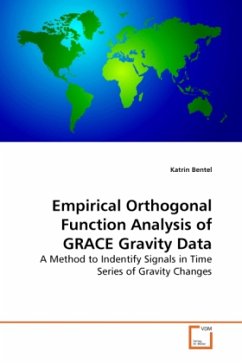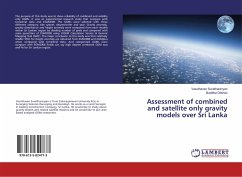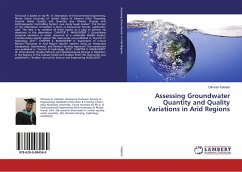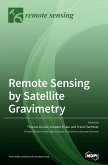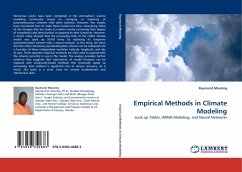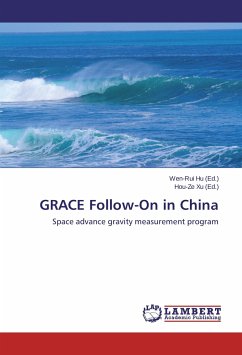The Gravity Recovery and Climate Experiment (GRACE) twin-satellite mission has been providing measurements of the time-varying gravity eld of the Earth for about seven years now. Gravity changes on Earth are due to mass changes and play an important role in Earth sciences. Monthly maps of mass changes are derived from the satellite measurements and need to be interpreted. The technique of empirical orthogonal function (EOF) analysis is investigated in this thesis, and it is demonstrated the performance of EOF analysis for separating signal from noise and errors, and for identifying different sources of gravity changes in a real GRACE data set. EOF analysis is explained from a theoretical point of view and is applied to the GRACE data. In the detailed data analysis, benefits and shortcomings of the EOF method are studied and described with respect to GRACE data.
Bitte wählen Sie Ihr Anliegen aus.
Rechnungen
Retourenschein anfordern
Bestellstatus
Storno

